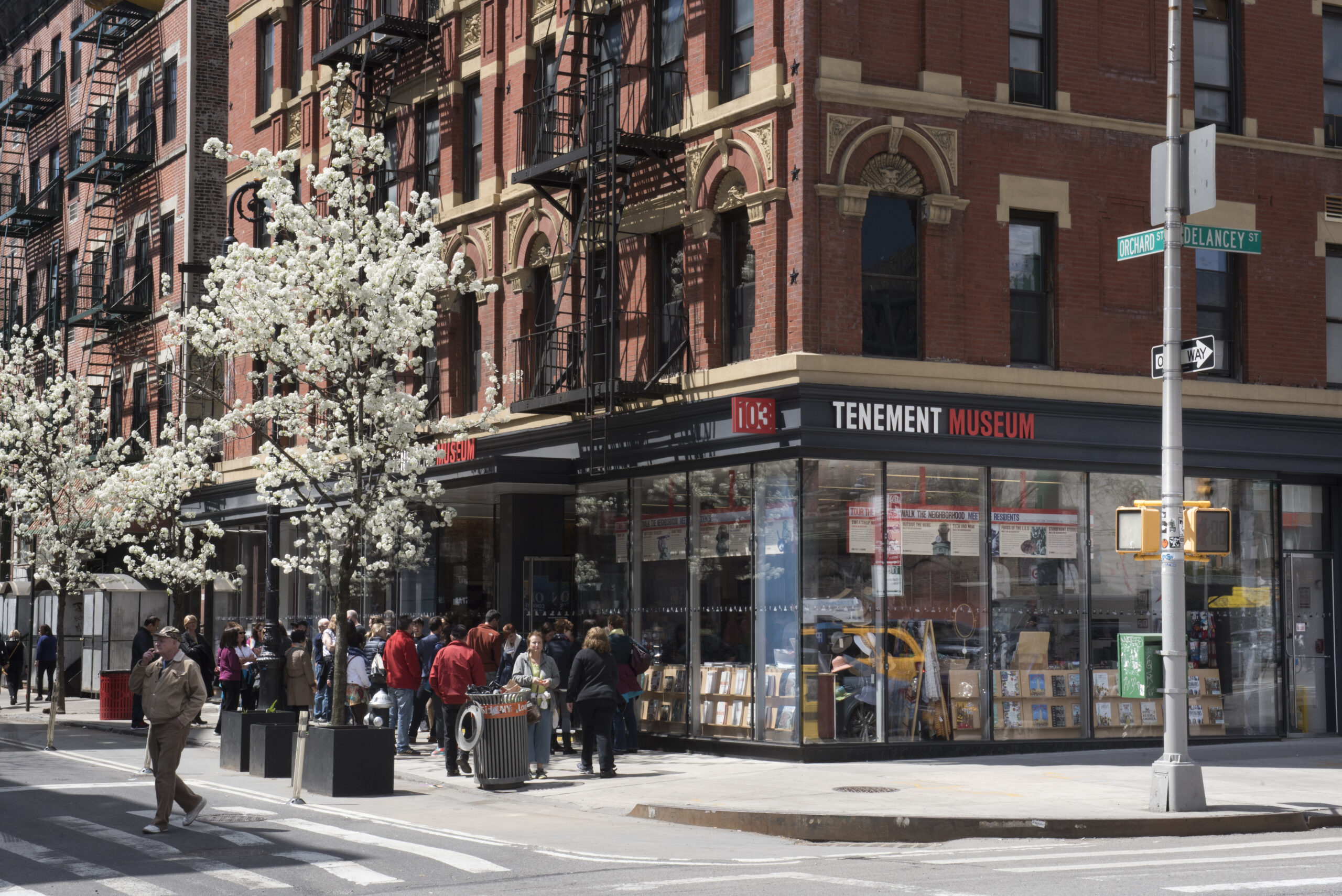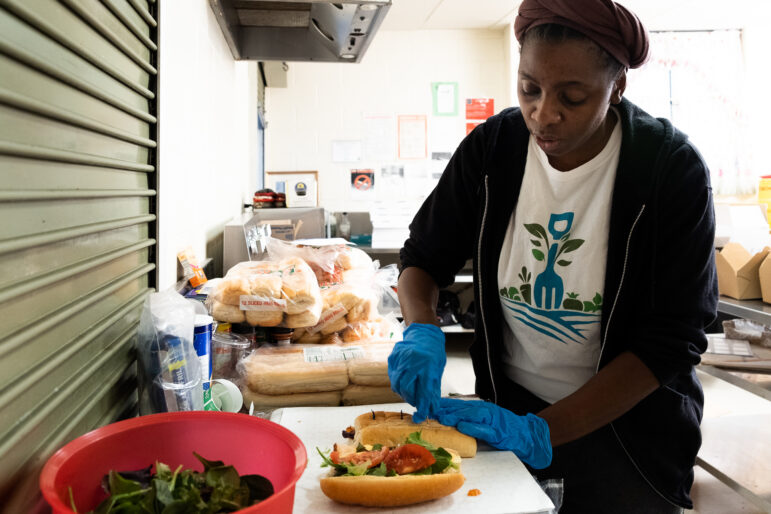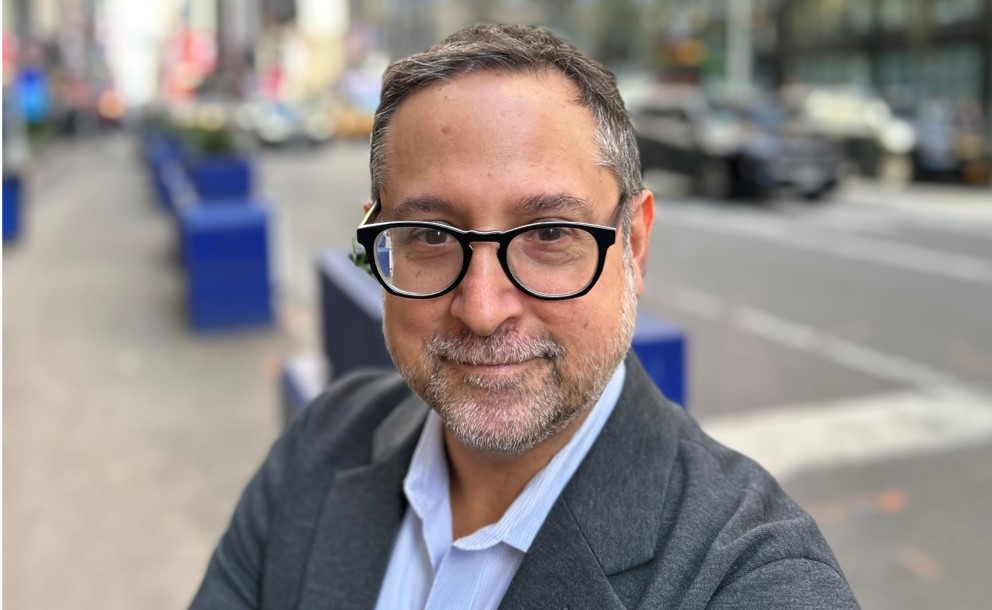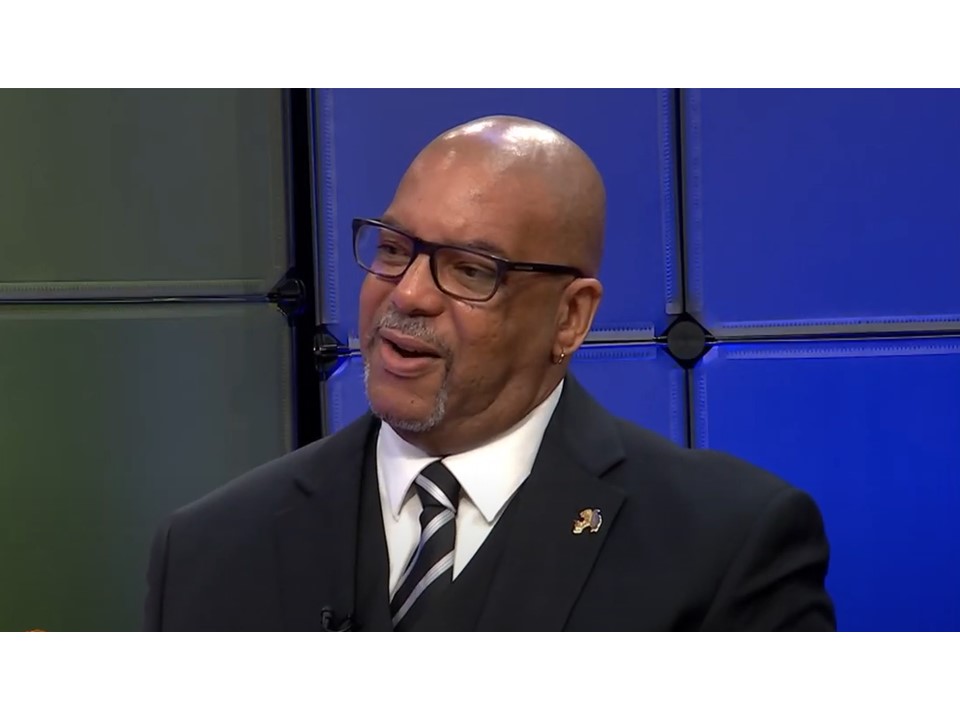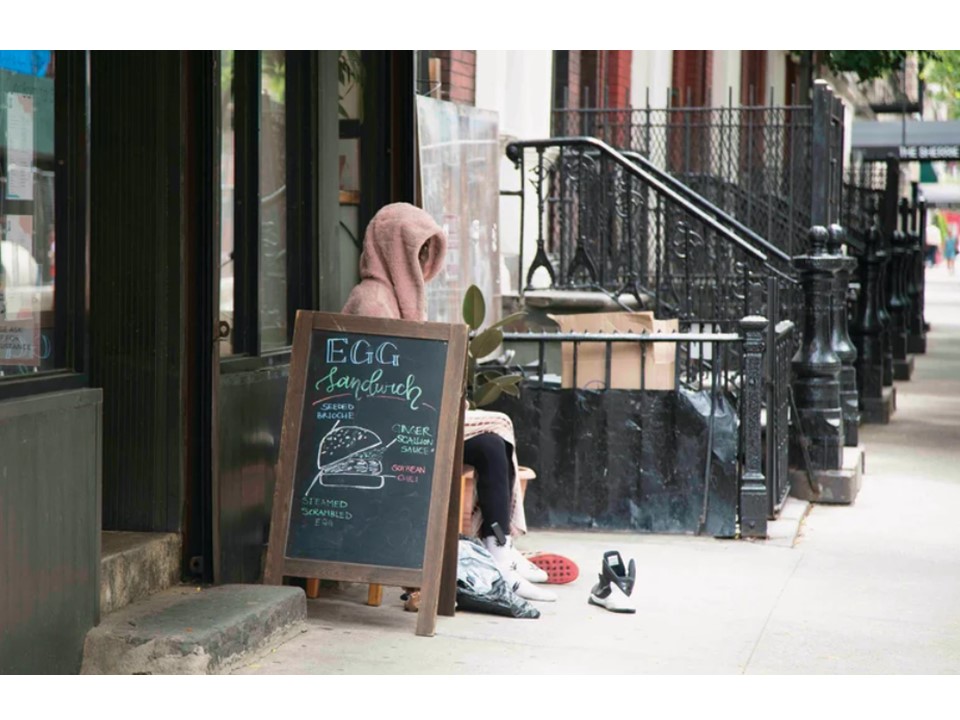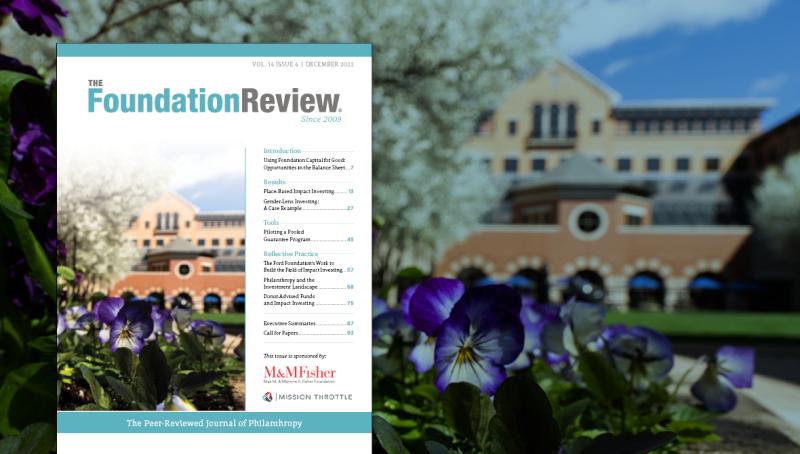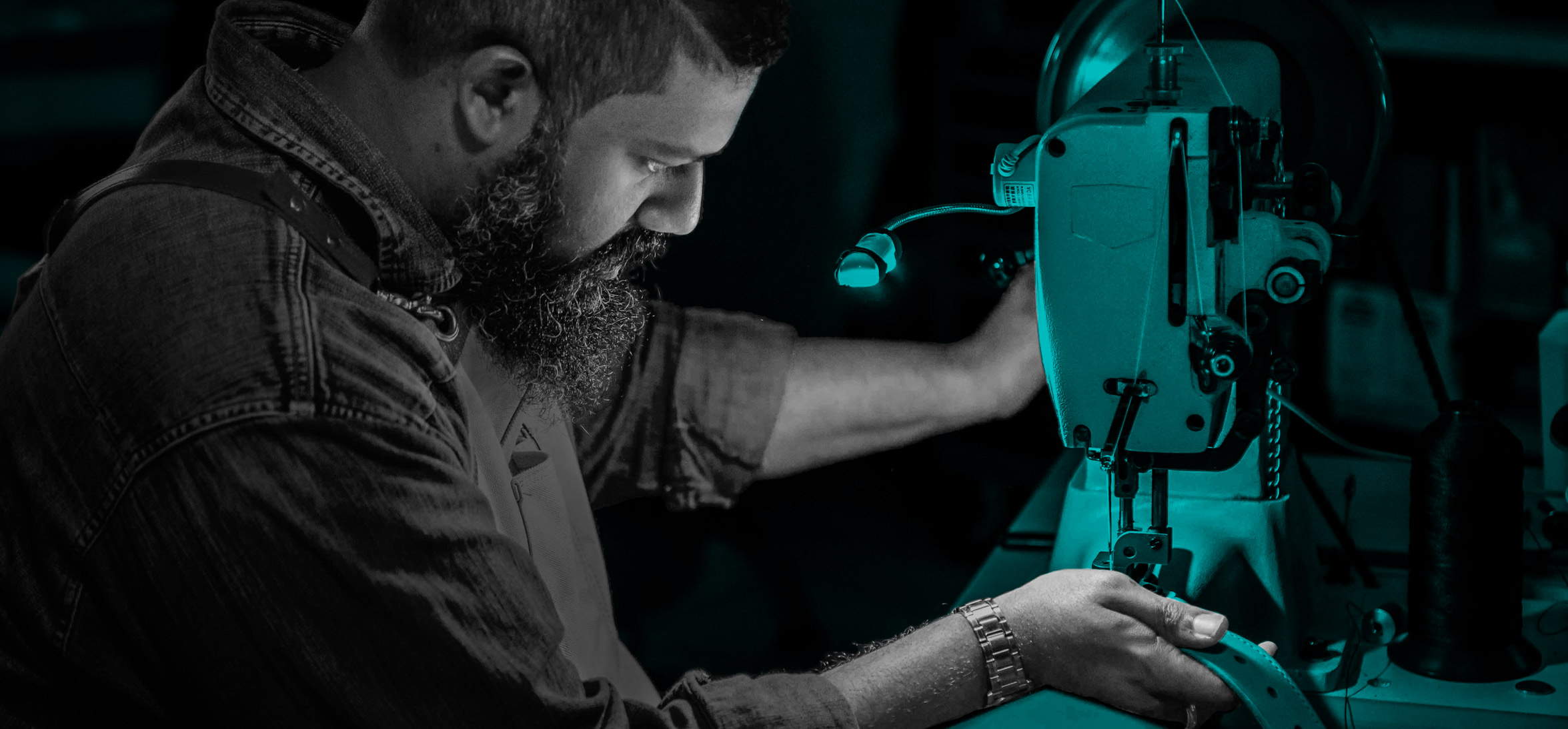It’s well known that donor-advised fund (DAF) accounts allow donors to recommend grants to nonprofits of their choice. But donors can also recommend how funds are invested. FJC’s Chief Financial & Investment Officer Regina Rodriguez discusses the unparalleled customization available at FJC, and how our imaginative donors are taking advantage of it, in the following informative Q&A session. (This interview has been edited for clarity.)
Q&A With Regina Rodriguez, FJC’s Chief Financial & Investment Officer
Q: Like the assets of other nonprofit institutions like university endowments, the assets held in DAF accounts grow tax-free. What investment options are available to your account holders?
A: For most of our donors, the core menu of investments we offer provides a good range of choices. We offer a variety of low-cost mutual funds that are offered by traditional financial institutions like Vanguard, Bernstein, Janus, and others. These options include stocks (both U.S. and international), bonds, money market mutual funds. Donors have different levels of risk, different time horizons for their giving, and many of our donors can identify an investment allocation from our menu that suits their needs. We can provide donors with historic performance metrics of these core products against industry benchmarks, and the Investment Committee of our Board of Directors is constantly reviewing the menu to see if we need to make adjustments to the menu.
Q: But I gather some donors prefer to order “off the menu”?
A: Yes, we’re able to respond to all kinds of requests. In fact, we were founded back in 1995 by donors that wanted to create a flexible, nimble sponsor of DAFs, and a big part of that meant the ability to be maximally responsive to donors that wanted to take a more customized approach to their investments.
Q: What are some of the ways donors customize their investment approaches?
A: We have donors that want to align their accounts with a particular investment approach that mirrors their or their family’s assets. In some cases, donors’ accounts are invested in alternative investments, such as hedge funds or private equity, or even illiquid assets, like shares or interests in privately held companies. For other donors, it’s less about esoteric investment products, and more that they want to maintain a relationship with a trusted advisor. They want to see their assets in their account invested in a similar way to their personal assets, and they want their advisor to have full visibility of their DAF accounts alongside their other personal brokerage accounts.
Q: What about impact investing?
A: A lot of donors find their way to FJC because of our longstanding commitment to impact investing, in particular our Agency Loan Fund investing option. We’ve been doing that even before impact investing was “a thing”!
The Agency Loan Fund is one of the options on our core menu, and donors can choose to invest some or all of their account holdings in it. We pool these funds together and use them to make bridge loans to nonprofits. Loans from the Fund help nonprofits of all kinds manage their cash flow, bridge public sector commitments, acquire property for affordable housing or community facilities. The donors earn a competitive risk-adjusted return, while their funds are being invested in the service of nonprofit missions. Plus, the pooled nature (and our other funding sources) means that donors invested in the Loan Fund don’t have to sacrifice liquidity, and funds are always available if they want to make a grant.
We can also respond to donors who want to customize their account investments with an eye toward impact investments. For example, we worked with a donor that wanted to invest in a career impact bond, supporting a number of training programs that are upskilling workers. We also helped a donor refinance the mortgage of the nonprofit Tenement Museum, which involved purchasing a bond issued by the City of New York and changing the terms so that the museum was obligated to pay interest-only for five years. That one was complicated to get done, but it had a great impact on the organization, which was stabilizing itself coming out of the pandemic.
The donors that work with us typically want to go beyond ESG investing (although we offer products that can do that too); they want to actually invest in nonprofits and help them achieve their missions.
Q: If a donor wants to customize their investment approach, how do they get started?
A: Reach out to speak to us about it. We love getting these calls!
Typically, it’s donors with larger accounts (usually above $1 million) that will be allowed this level of customization. Also, anytime a donor wants to do something that’s not within our standard investment menu, we have to seek approval from the Investment Committee of our Board of Directors to ensure that the investment approach is consistent with our fiduciary role. The Investment Committee is a sophisticated (and committed) group of professionals, so we can usually arrive at an answer relatively quickly.
Also, when there’s an investment advisor or manager that works with multiple donors, we can consider that $1 million threshold in the aggregate. We’ve established a number of these formal, institutional Alliance Relationships, where the firms see FJC’s boutique approach as adding value to their client relationships.
Q: What else should people know about what’s possible with DAFs?
A: DAFs have a reputation for being somewhat standard-issue mechanisms for achieving modest philanthropic goals (like annual giving or memberships at religious institutions). They don’t have to be this way! We’re amazed by the creative ideas some of our donors come up with, and we welcome these opportunities to do something for impact that’s new and different.
We’re Here to Help
Are you ready to customize your investment approach? Or do you still have questions about how to take advantage of donor-advised funds? Our FJC team is here to help. Reach out to us today at (212) 714-0001 or Marks@fjc.org.
About Regina
Regina Rodriguez joined FJC in December 2019 as the Chief Financial and Investment Officer. Regina’s journey began in public accounting, performing audits for clients in an array of industries, which include financial services, manufacturing, and real estate. After joining EisnerAmper, Regina discovered her true passion for the non-profit industry by auditing many of New York’s top cultural, educational, and religious organizations. During a period of changing reporting requirements and regulations, Regina collaborated with the New York State Society of CPAs Foundation for Accounting Education and Philanthropy New York to present seminars and tailored trainings to both financial and non-financial professionals with the goal of making the technical content understandable. Since leaving public accounting, Regina has served as Controller for the Solomon R. Guggenheim Foundation and Director of Finance for the Long Island Children’s Museum. Regina graduated Magna Cum Laude with a Bachelor’s degree in Accounting from Adelphi University. She holds a CPA license in the state of New York and serves on her local school district’s Audit and Budget Committees.
